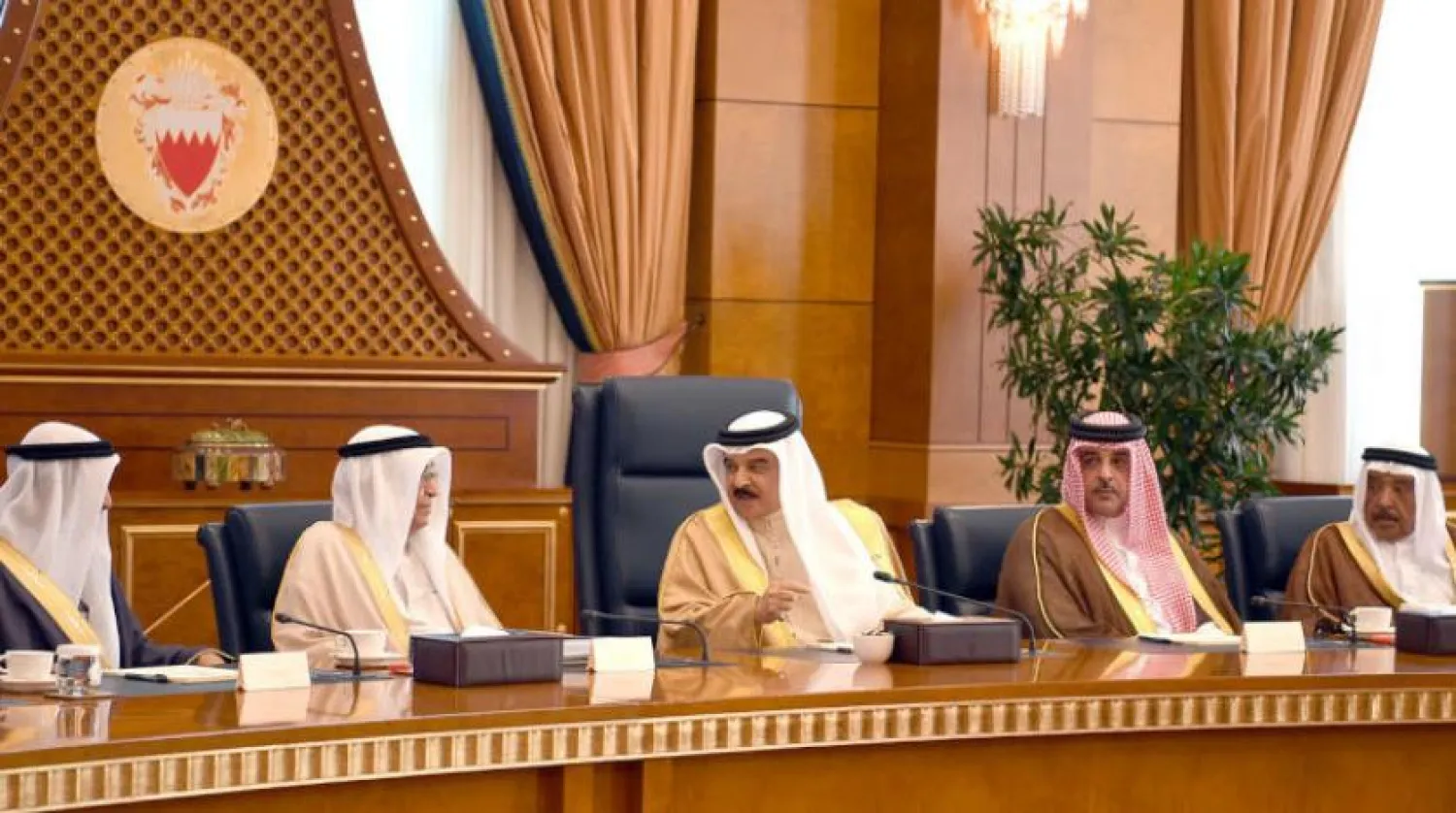King of Bahrain Hamad bin Issa al-Khalifa ordered on Tuesday that visa restrictions be imposed on Qataris visiting the kingdom.
The decision was taken in order to preserve the security and safety of Bahrain.
He stressed that Manama has been harmed the most and is still being harmed by Doah’s policies.
The king hailed during a cabinet session Bahrain’s openness towards tourists and visitors.
The Bahrain news agency reported that the monarch ordered the concerned agencies to take the necessary measures to prevent this openness from being exploited to bring harm to the kingdom.
The new restrictions will not affect other members of the Gulf Cooperation Council.
The King of Bahrain stressed that eliminating terrorism will remain the kingdom’s priority and it will remain a beacon of stability and security.
It will firmly stand against any cowardly hostile act, he vowed.
Bahrain joined Saudi Arabia, the United Arab Emirates and Egypt in imposing a diplomatic boycott against Qatar earlier this year over its destabilizing policies and support and financing of terrorism.









